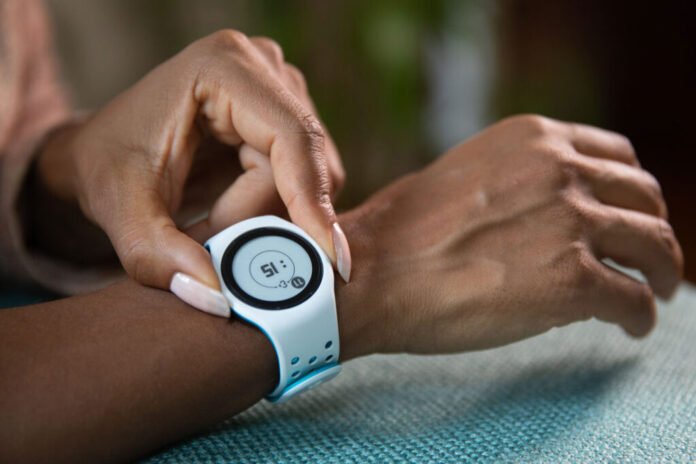In 1991, electrical engineer Rosalind Picard co-founded Affectiva and Empatica to develop wearable health technology. Her AI-powered smartwatch, Embrace, fills memory gaps and monitors seizures.
There was no continuous health monitoring wearable technology in the early 1990s. As a recent MIT doctoral graduate in electrical engineering, Rosalind Picard wanted to create technologies that helped people. She concentrated on memory and attention to create intelligent machines that could understand the world like humans. She wanted to be treated seriously, not linked with researching emotion.
Picard co-founded Affectiva, which measures human emotion, and Empatica, which makes high-quality medical gadgets and FDA-cleared smartwatches, in 1991. Empatica’s Embrace is the first FDA-approved AI-based smartwatch for seizure monitoring. Since the focus is not on running 30-something apps on your wrist, the data quality is greater than top-of-the-line consumer smartwatches. Clinical-quality data is emphasized.
The Empatica Embrace smartwatch monitors seizures, which is important for epilepsy patients. Since Embrace is constantly on, its data helps fill in memory gaps at doctor visits. Picard’s innovative technology is changing digital health by showing changes in physical activity, heart rate, stress, and sleep. Fixing disrupted sleep is crucial to improving mental and physical health. Since Embrace is constantly on, its data helps you remember your doctor visits.
These AI-driven devices collect long-term data, which excites Picard for digital health. She thinks technology could prevent mental illness, not just indicate it. She and her team are using technology to assist people in improving their mental health and replenishing their “positive emotion bank account” before a significant life stressor to avoid a collapse. She’s transforming lives.
In conclusion, Rosalind Picard’s affective computing research has led to wearable health monitoring equipment. Her companies Empatica, Embrace, and EmbracePlus enhance digital health and health awareness.
Conclusion
In 1991, Massachusetts Institute of Technology electrical engineer and Ph.D. graduate Rosalind Picard co-founded Affectiva, which measures human emotion, and Empatica, which makes high-quality medical gadgets and FDA-cleared smartwatches. Her business, Empatica, created the first FDA-approved AI-based wearable, Embrace, for seizure monitoring. The Embrace data fills memory gaps and improves mental and physical well-being. Picard believes AI-driven wearables can prevent mental health issues and help people build their “positive emotion bank account” before severe life pressures. Her companies, Empatica, Embrace, and EmbracePlus, promote digital health and address health challenges.



